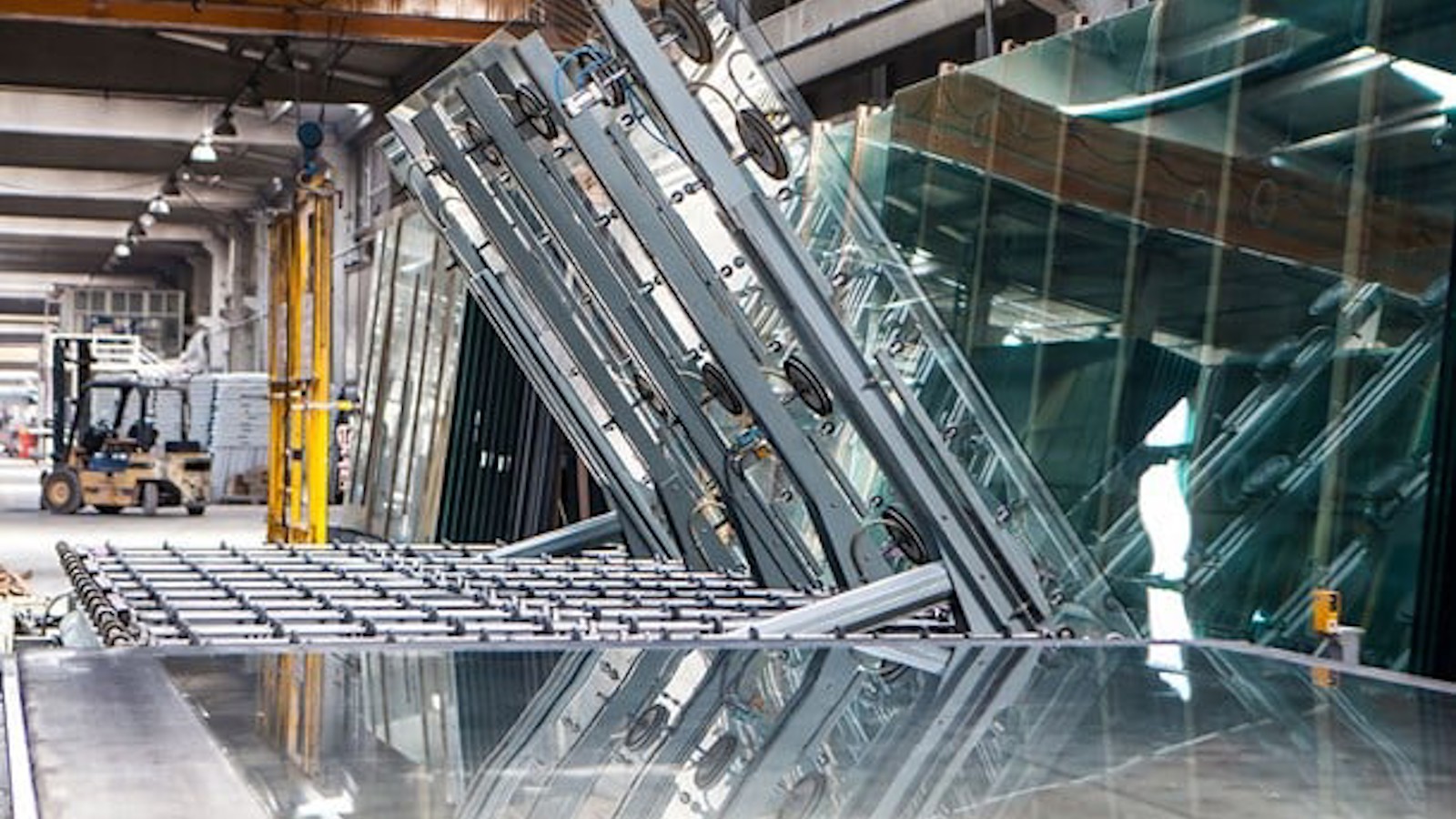Transitioning from gas to electricity for heating is essential for sustainable glass production. However, it's important to acknowledge that this switch entails challenges. Kanthal, an Alleima company, is a world leader in sustainable industrial heating technology.
Glass manufacturing has come a long way since the art of mixing sand, soda, and lime was discovered in Mesopotamia. In its 4,000 years of existence, the industry has undergone several facelifts but is now encountering new challenges.
Sachin Pimpalnerkar, Global Product Manager at Kanthal, an Alleima company, and world leader in sustainable industrial heating technology, explains how the global leader in advanced heating solutions can be a credible partner in navigating challenges arising from the industry's evolving landscape.
Sustainability and efficiency converge
Maintaining consistent and precise temperatures is critical to prevent defects and inconsistencies.
The imperative to reduce carbon emissions in energy-intensive industries, notably glass manufacturing, has never been more pressing. The glass industry alone contributes 95 million tons of CO2 emissions globally, with Europe accounting for 22 million tons annually. Addressing this challenge, Pimpalnerkar shed light on the potential of electric heating solutions to alleviate the industry's environmental concerns. He states, "Maintaining consistent and precise temperatures, especially when using forehearth furnaces for glass conditioning, is critical to prevent defects and inconsistencies. Electric heating elements and modules are pivotal in achieving temperature control and ensuring top-quality glass production." Sachin Pimpalnerkar, Kanthal Global Product Manager.
Sachin Pimpalnerkar, Kanthal Global Product Manager.
Pimpalnerkar underscores that a company's commitment to sustainability reflects responsible corporate practices and ultimately translates into substantial long-term financial gains. He points out, "Traditional fossil fuel gas-fired heating systems result in significant energy loss through exhaust gases. Transitioning to electric heating markedly improves thermal efficiency.
Moreover, electric heating offers unparalleled temperature control throughout manufacturing, resulting in superior end-product quality."
A winning proposition for the future
While acknowledging that the availability of renewable electricity remains a significant roadblock, Pimpalnerkar affirms that the long-term advantages of electric heating are compelling. He observes, "While natural gas may still be more cost-effective than electricity in many regions, this landscape is rapidly evolving. The growing adoption of renewable energy sources is making electricity pricing increasingly competitive. Furthermore, improvements in thermal efficiency help offset any cost differentials."
Transitioning to electric heating presents an attractive opportunity for organizations to reduce these costs while aligning with their sustainability objectives.
"In Europe, organizations are obligated to pay for their CO2 emissions under the EU Emissions Trading Scheme (EU ETS), incurring a cost of 90 Euros per ton of emissions. Transitioning to electric heating presents an attractive opportunity for organizations to reduce these costs while aligning with their sustainability objectives."
Pimpalnerkar reminds us that the use of electric heating in the glass industry is not novel; it was the standard before lower gas prices prompted a shift. However, with a renewed focus on sustainability and environmental responsibility, the industry is now reevaluating electric heating as a viable option. Fortunately, proven solutions are readily available, and Kanthal, with its wealth of experience and extensive range of heating solutions, is poised to guide the industry through this transformative journey.
A proven legacy of trust
Kanthal boasts a comprehensive product portfolio catering to various glass types, including optical, flat glass, fiberglass, container glass, and specialty glass. The electric heating systems Kanthal offers are purpose-built for melting furnaces, float glass lines, annealing and decorating lehrs, feeders, and forehearth furnaces. Precise temperature control, reduced carbon emissions, and exceptional efficiency characterize these systems.
Pimpalnerkar highlights the industry's quest for enhanced competitiveness in today's volatile business environment, emphasizing the need for reliable, experienced partners with the right products and expertise. He states, "With over 90 years of experience providing heating solutions across industries, Kanthal is the ideal choice for discerning customers seeking a trustworthy partnership."
Furthermore, Pimpalnerkar underscores the importance of educating customers about Kanthal's products and services to expedite value creation. He notes, "Our heating elements, including Globar® silicon carbide (SiC) elements, Kanthal® Super high-power electric molybdenum disilicide (MoSi2) heating elements, and Superthal® heating modules, are engineered to withstand high temperatures and can be tailored to meet specific process and equipment requirements. Our reference base and case studies give credibility to our claims, instilling confidence in customers considering a transition to our products."
He adds, "Kanthal distinguishes itself as the sole supplier of ceramic heating elements suitable for high-temperature applications, reaching up to 1800 degrees Celsius, as well as metallic heating elements for lower temperature processes, such as glass annealing and tempering, typically operating at 500-700 degrees Celsius."
Pimpalnerkar concludes by emphasizing Kanthal's role as an indispensable ally for companies seeking technical expertise in product selection, process design, and heating systems implementation to maximize productivity and quality.

